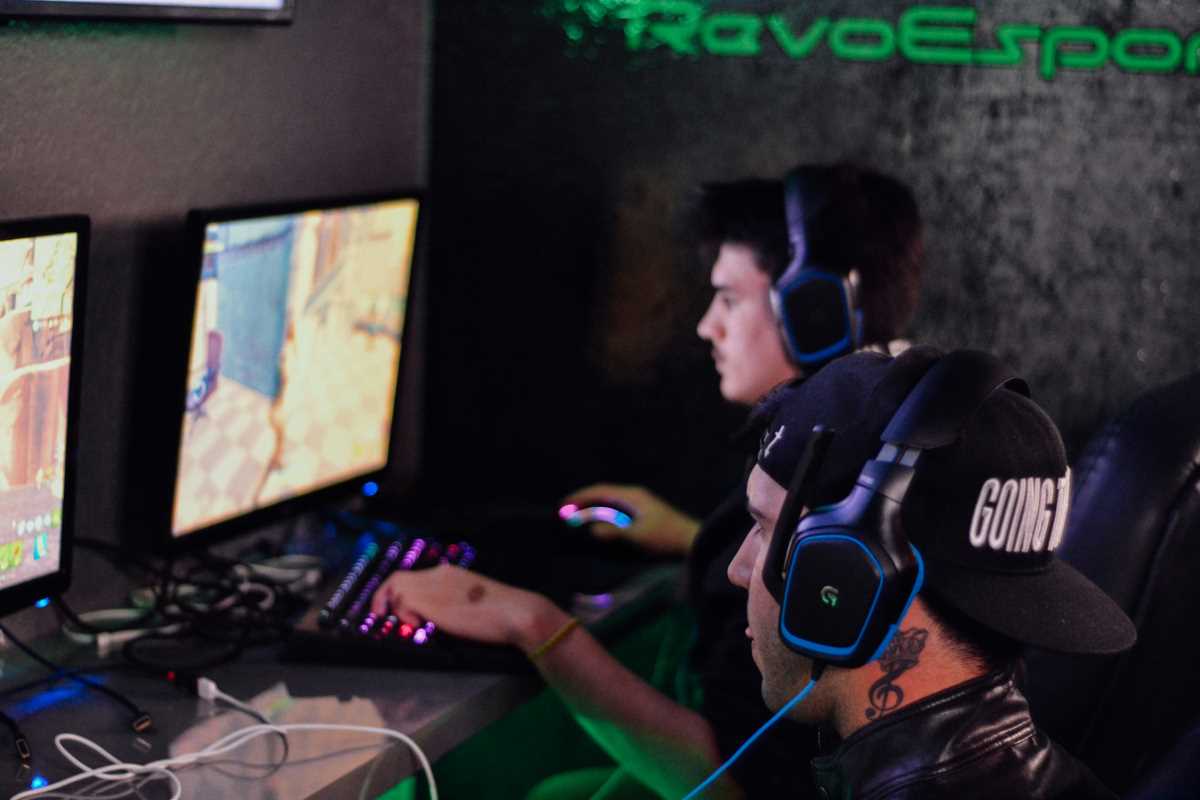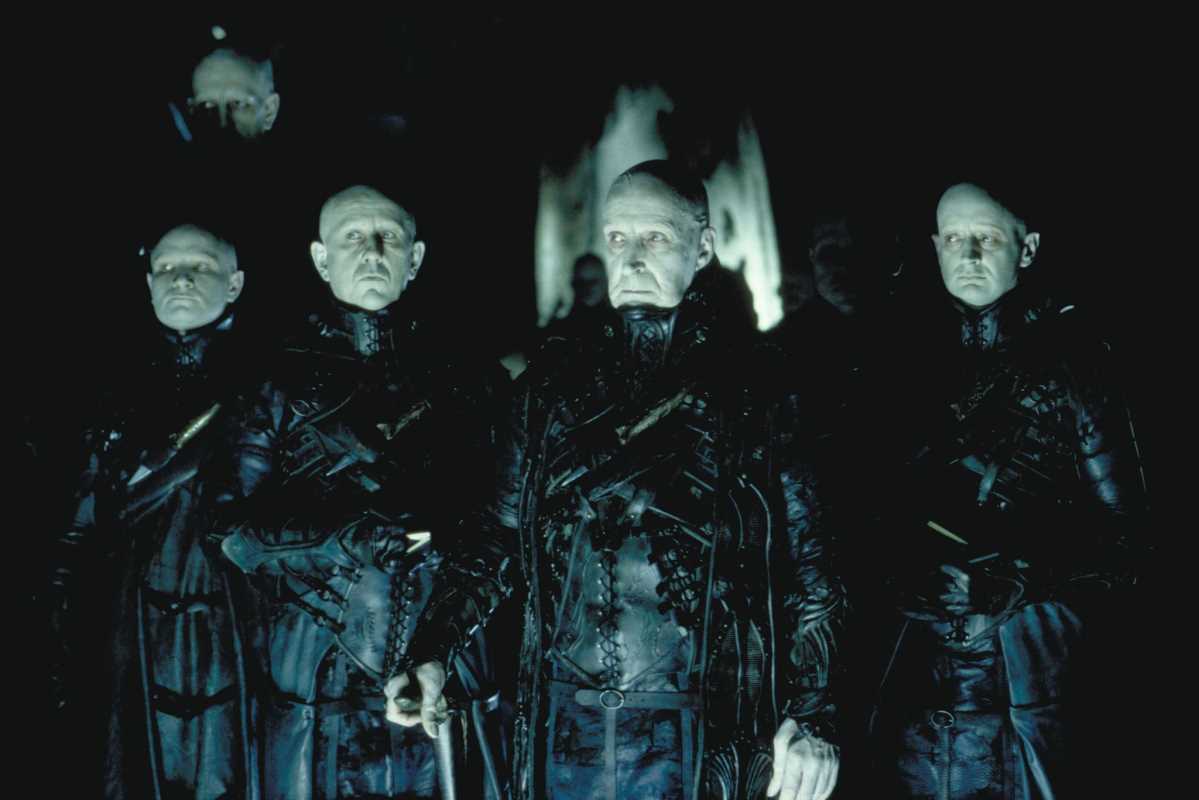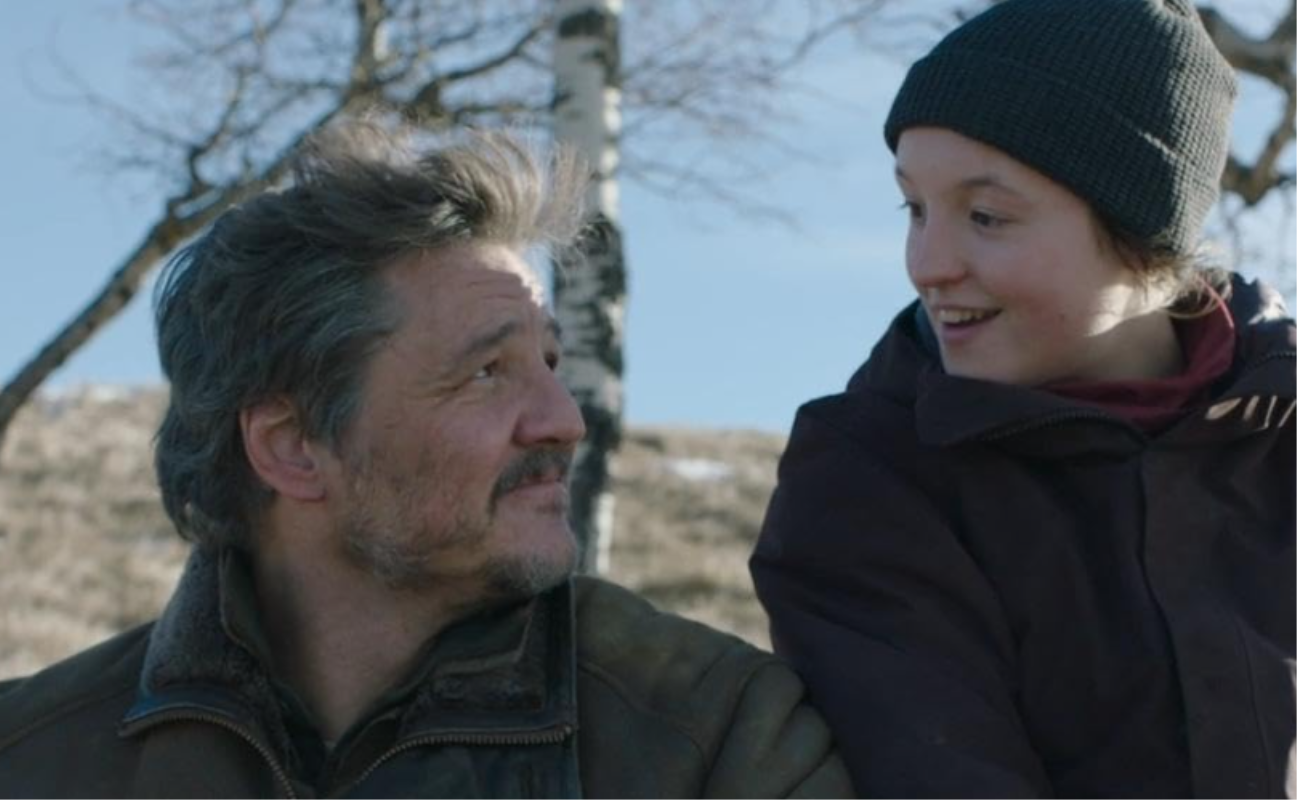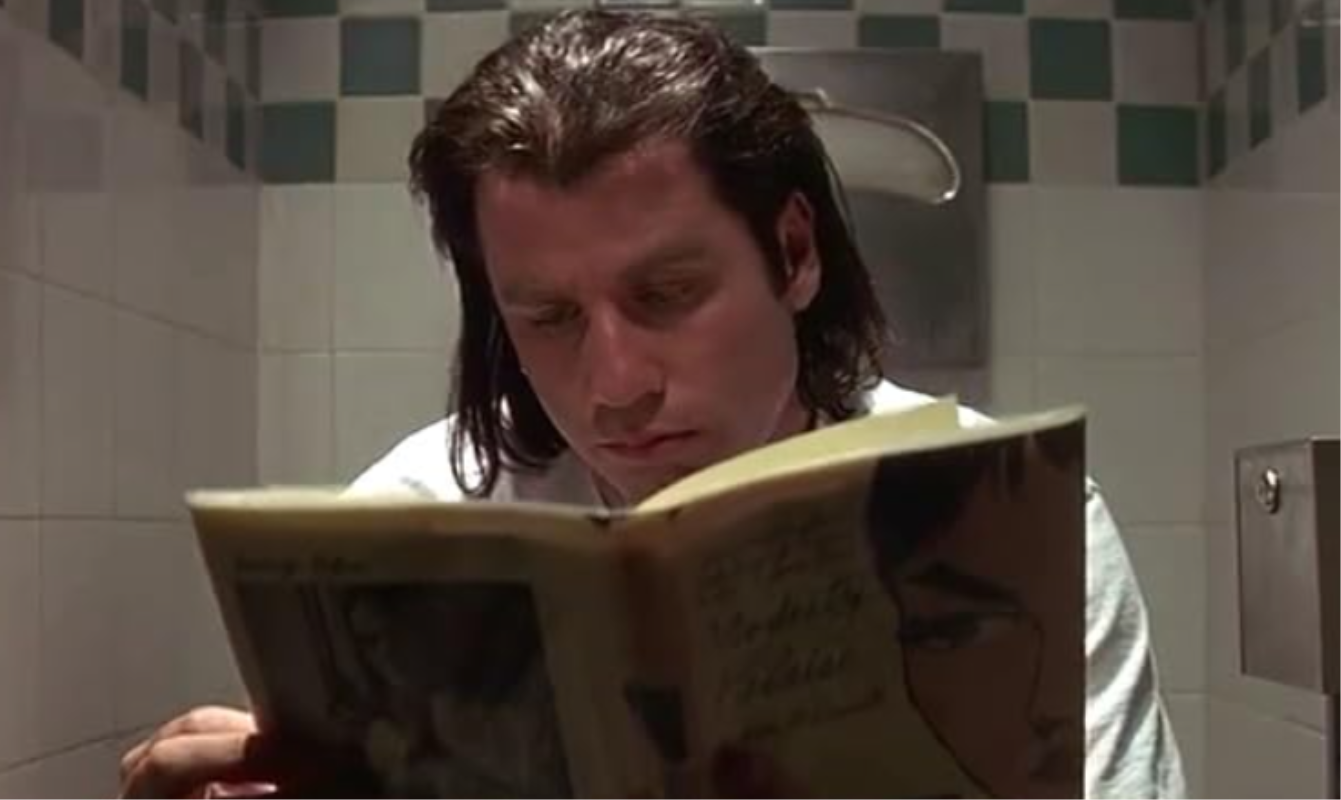It’s easy to get caught up talking about big names like Stephen King, Margaret Atwood, and Haruki Murakami, but so many amazing authors fly under the radar. These talented writers create beautiful, thought-provoking stories that explore deep themes but often don’t get the attention they deserve. Sure, there are only so many hours in the day and a ton of books out there, but by focusing too much on famous authors, we miss out on some incredible voices. Taking a little time to explore lesser-known writers can lead to exciting discoveries and fresh perspectives. So, if you’re looking to shake up your bookshelf with something new and impactful, now’s the perfect time to dive into the brilliance of these hidden literary talents!
1. Samantha Hunt
If gripping and uncanny literary fiction had a queen, it would be Samantha Hunt. She’s the kind of writer who takes everyday situations and infuses them with just the right amount of weird to keep you on your toes. Take The Seas, her novel about a young girl who believes she might be a mermaid, set in a bleak coastal town that almost feels like its own character. It’s haunting, poetic, and painfully human.
And don’t get me started on Mr. Splitfoot. Essentially a gothic road trip novel about ghost stories, cults, and family, it’s the kind of book you’ll stay up reading until 2 AM. Hunt’s ability to blur the line between reality and the surreal is nothing short of genius. Seriously, why isn’t everyone talking about her?
2. Helen Oyeyemi
Helen Oyeyemi is the literary equivalent of a filmmaker who loves dream sequences and unreliable narrators. Her books are unapologetically strange, but in the best way possible. Oyeyemi has this uncanny ability to transform fairytales and folklore into novels that feel fresh, wholly original, and brimming with meaning.
Start with Boy, Snow, Bird, a retelling of Snow White that flips the script and dives into issues of race, beauty, and identity. Or, if you’re like me and deeply appreciate a dash of magical realism, try White is for Witching, a gothic tale about a sentient house and the family it slowly destroys. Reading Oyeyemi feels like stepping through a portal into a world that’s slightly off—but completely captivating.
3. Percival Everett
Percival Everett is one of those writers who feels like he can do anything. Satire? He’s got you. Hard-hitting literary fiction? No prob. A novel told entirely in dictionary definitions? Sure thing. Everett’s work is diverse and wildly original, but it’s all united by razor-sharp wit and a deep empathy for the human condition.
If you’re new to him, start with Erasure, a hilariously biting critique of stereotypes in the publishing world, or The Trees, a darkly funny, hard-hitting exploration of racism and violence in America that somehow feels eerily relevant every day. He’s the kind of writer who should absolutely be racking up awards left and right.
4. Yoko Ogawa
When you talk about understated yet chilling prose, Yoko Ogawa is an absolute master. She’s best known for The Memory Police, a dystopian masterpiece about a world where random objects disappear, along with everyone’s memory of them. Imagine Orwell’s 1984 meets Kafka, but somehow gentler and more heartbreaking.
Her works often explore themes of memory, loss, and identity, all delivered in this hypnotic writing style that sneaks up on you and knocks you out emotionally. If you want to feel both deeply comforted and unmoored at the same time, Ogawa’s work is like an eerie lullaby you can’t shake.
5. N.K. Jemisin
Alright, I know N.K. Jemisin isn’t completely underrated (she’s won multiple Hugo Awards), but I still don’t think she gets the recognition she deserves outside die-hard sci-fi and fantasy circles. Jemisin has pretty much redefined what epic fantasies can look like, writing diverse, nuanced, and complex characters in worlds that feel both vividly imagined and eerily realistic.
If you’re new to her, the Broken Earth trilogy is a fantastic place to start. It’s a story about a fractured world (literally), systemic oppression, and survival wrapped up in stunning prose. Jemisin isn’t just a great sci-fi writer; she’s a great writer, period. End of discussion.
6. Valeria Luiselli
Valeria Luiselli is one of the most exciting voices in contemporary literature, and it’s honestly wild to me that she isn’t talked about more. Her work blurs the lines between fiction and essay, always tackling big topics with a deeply personal lens.
Her novel Lost Children Archive is a near-perfect example of her talent. Blending road trip narrative, archival records, and poignant reflections on the migrant crisis, it’s the kind of book that lingers with you for months. If you want something shorter but equally impactful, check out her essay collection Tell Me How It Ends, which humanizes immigration in a way that feels both devastating and necessary.
7. Attica Locke
If you’re a fan of smart, atmospheric crime fiction but haven’t read Attica Locke, stop what you’re doing and fix that immediately. Locke is a master of weaving together gripping mysteries with sharp social commentary, creating stories that feel both entertaining and incredibly relevant.
Check out Bluebird, Bluebird, the first in her Highway 59 series. It follows a Black Texas Ranger navigating racial tensions while solving a double homicide in rural Texas. The setting, the characters, the dialogue…it’s all so impeccably crafted, you’ll feel like you’re right there with them. Locke deserves so much more love for bringing depth and nuance to a genre that’s often overlooked.
8. Max Porter
Listen, Max Porter doesn’t just write books; he creates experiences. His prose is poetic, fragmented, and experimental in a way that might sound pretentious (okay, maybe it is), but it somehow works to gut-punching effect.
Grief is the Thing with Feathers is a stunning exploration of loss, told through the eyes of a grieving father and his sons, with…a giant crow as a character? Yes, it’s weird, but it’s also beautiful. His follow-up, Lanny, dives into the strange beauty of everyday village life, juxtaposed with myths and folklore. Porter’s work feels like a literary dare, but one you’ll be glad you accepted.







